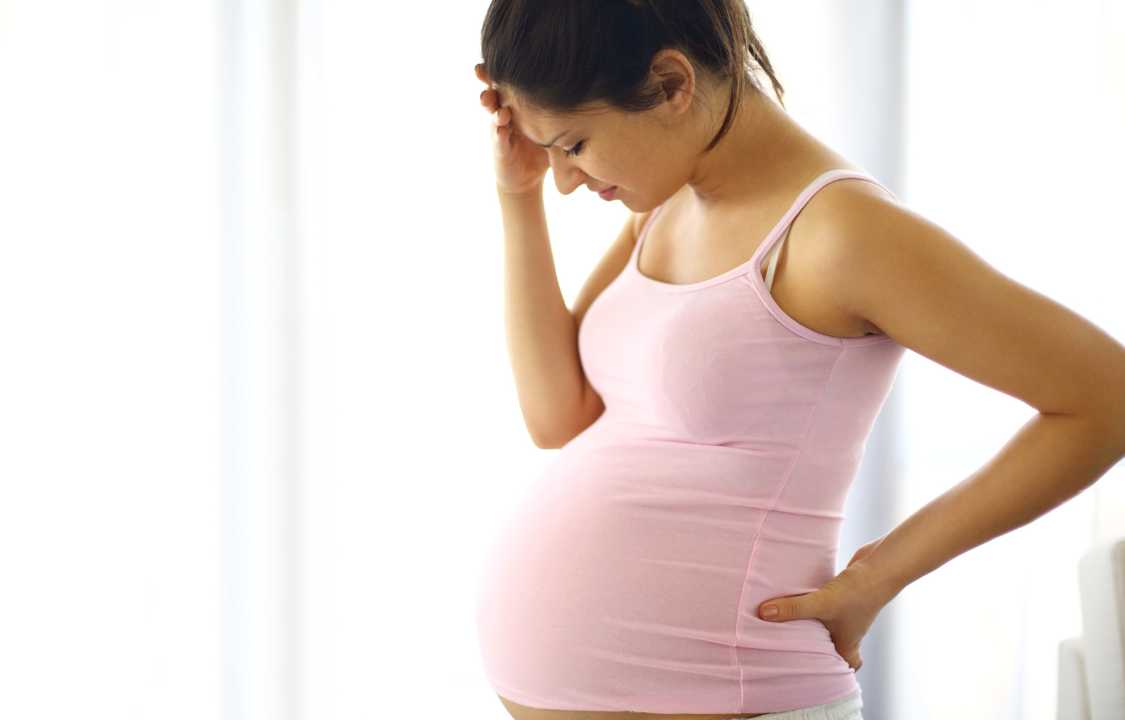Health Care
Pregnancy May Change Your Risk of Developing These Health Conditions
Here’s how your reproductive history factors into your future health.
Expanding on the topic of the impact of pregnancy and childbirth on a woman’s health and well-being, it’s fascinating to delve deeper into the intricate relationship between reproductive experiences and various health outcomes. While having children can indeed bring immense joy and fulfillment, the physiological and long-term effects of pregnancy and childbirth are multifaceted.
Breast Cancer Protection
The protective effect of multiple pregnancies against breast cancer is an intriguing aspect of this journey. Research from the National Cancer Institute (NCI) suggests that women who have had five or more children have a significantly reduced risk of breast cancer compared to those who have never given birth. This phenomenon can be attributed to the temporary cessation of menstrual cycles during pregnancy, which results in a decreased lifetime exposure to estrogen and progesterone, hormones associated with breast cancer development.
Moreover, the timing of childbirth can also influence breast cancer risk. Women who give birth before the age of 20 have a reduced risk of hormone receptor-positive breast cancer compared to those who delay childbirth until after the age of 30. Additionally, breastfeeding for at least a year offers further protection against breast cancer, as it often leads to the absence of menstruation during this period and may alter breast cells in ways that deter malignancies.
Ovarian Cancer
Similar to breast cancer, ovarian cancer risk decreases with the number of pregnancies a woman experiences. The mechanism behind this protective effect is once again linked to reduced exposure to reproductive hormones over a woman’s lifetime. Additionally, the use of oral contraceptives and breastfeeding have been associated with lowered ovarian cancer risk. These factors collectively contribute to the complex interplay of reproductive history and cancer risk.
Endometrial Cancer
Endometrial cancer, affecting the lining of the uterus, is another condition where pregnancy history plays a role. Research supported by the NCI indicates that the risk of endometrial cancer diminishes with each pregnancy. This reduction in risk is attributed to the decrease in hormone exposure due to fewer menstrual cycles, a phenomenon that often accompanies multiple pregnancies.
It’s important to emphasize that while the number of children one has can influence cancer risk, other factors such as age, lifestyle choices (including diet and exercise), family history, and even weight can also impact a person’s susceptibility to cancer. Genetic mutations, particularly BRCA1 and BRCA2, remain critical determinants of both ovarian and breast cancer risk, despite the protective effects of multiple pregnancies.
Dementia and Alzheimer’s Disease
Emerging research suggests that reproductive history may be linked to the risk of dementia and Alzheimer’s disease, conditions that disproportionately affect women. Preliminary studies presented at the Alzheimer’s Association International Conference have revealed intriguing connections. Women who have given birth to three or more children exhibited a 12% lower risk of dementia compared to those with only one child. Additionally, research published in the American Journal of Alzheimer’s Disease and Other Dementias indicates that the risk of Alzheimer’s may decrease with the duration of time spent pregnant, possibly due to immune system changes during pregnancy.
Obesity
The relationship between pregnancy and obesity is complex. While it might seem counterintuitive, having more children may actually decrease a woman’s risk of becoming obese, especially if some extra weight is retained after each pregnancy. Research suggests that a significant portion of individuals retain more than eight pounds of pregnancy weight for over a year postpartum. This retention can predict obesity in later life, with associated health risks such as heart disease, diabetes, and certain cancers.
The reasons behind this phenomenon are multifaceted. Factors like insulin resistance, which is linked to pregnancy, can contribute to postpartum weight gain. Hormonal changes and lingering “baby weight” may also play a role. Moreover, lifestyle changes related to caring for a child can affect eating and exercise habits.
Heart Disease
While it’s important to note that it’s not pregnancy itself, but rather the complications that can arise during pregnancy, that may exert an influence on the risk of developing heart disease, this connection holds significant medical implications. A comprehensive analysis featured in the European Journal of Preventive Cardiology sheds light on how complications such as the birth of smaller babies, preterm delivery, preeclampsia (characterized by high blood pressure during pregnancy), and gestational diabetes can serve as critical early indicators of potential cardiovascular issues in the future. These complications, although manifesting during pregnancy, may be rooted in underlying vascular and metabolic challenges that preexisted before the onset of pregnancy.
The sobering reality is that heart disease stands as a leading cause of mortality among women, further underscoring the paramount importance of proactive measures aimed at preventing and managing complications that may arise during pregnancy, all in the pursuit of safeguarding maternal health and reducing the long-term cardiovascular risks faced by women.
Pregnancy is a multifaceted and profoundly transformative journey, characterized by a myriad of temporary and potentially enduring alterations to a woman’s physical and physiological well-being. While this remarkable process can confer protective effects against specific forms of cancer, such as breast, ovarian, and endometrial cancer, it can also exert influence on factors like post-pregnancy weight retention and the risk of developing heart disease.
It is crucial to acknowledge that a range of environmental and genetic variables can potentially supersede the advantages of experiencing multiple pregnancies when it comes to reducing cancer risk. Consequently, it remains of utmost importance for individuals to engage in open and informed discussions regarding their health concerns and queries, regardless of their pregnancy history, with their trusted healthcare providers. These dedicated professionals possess the expertise to offer tailored guidance and personalized recommendations aimed at optimizing overall health and well-being throughout the various stages of life’s intricate journey.

